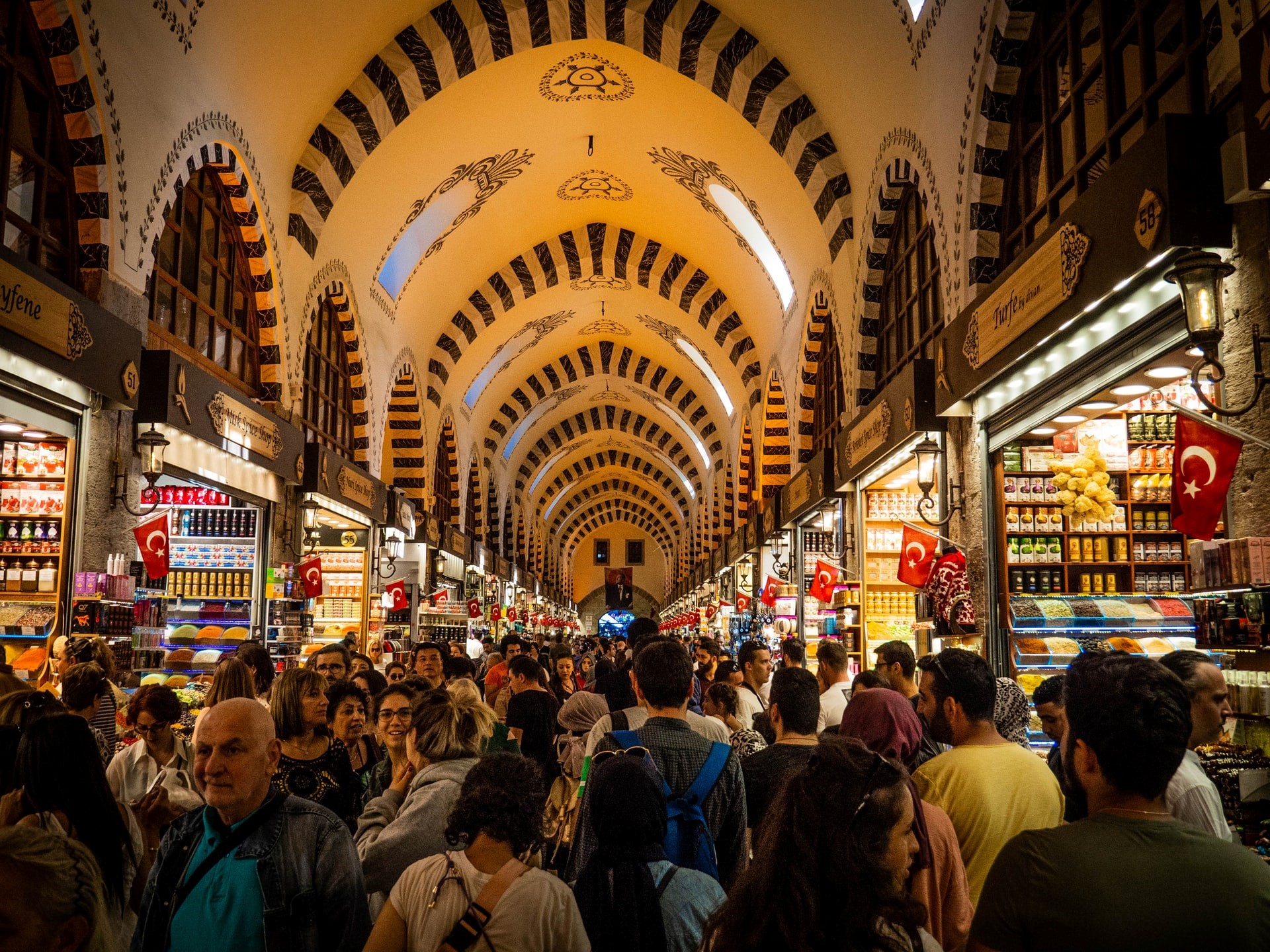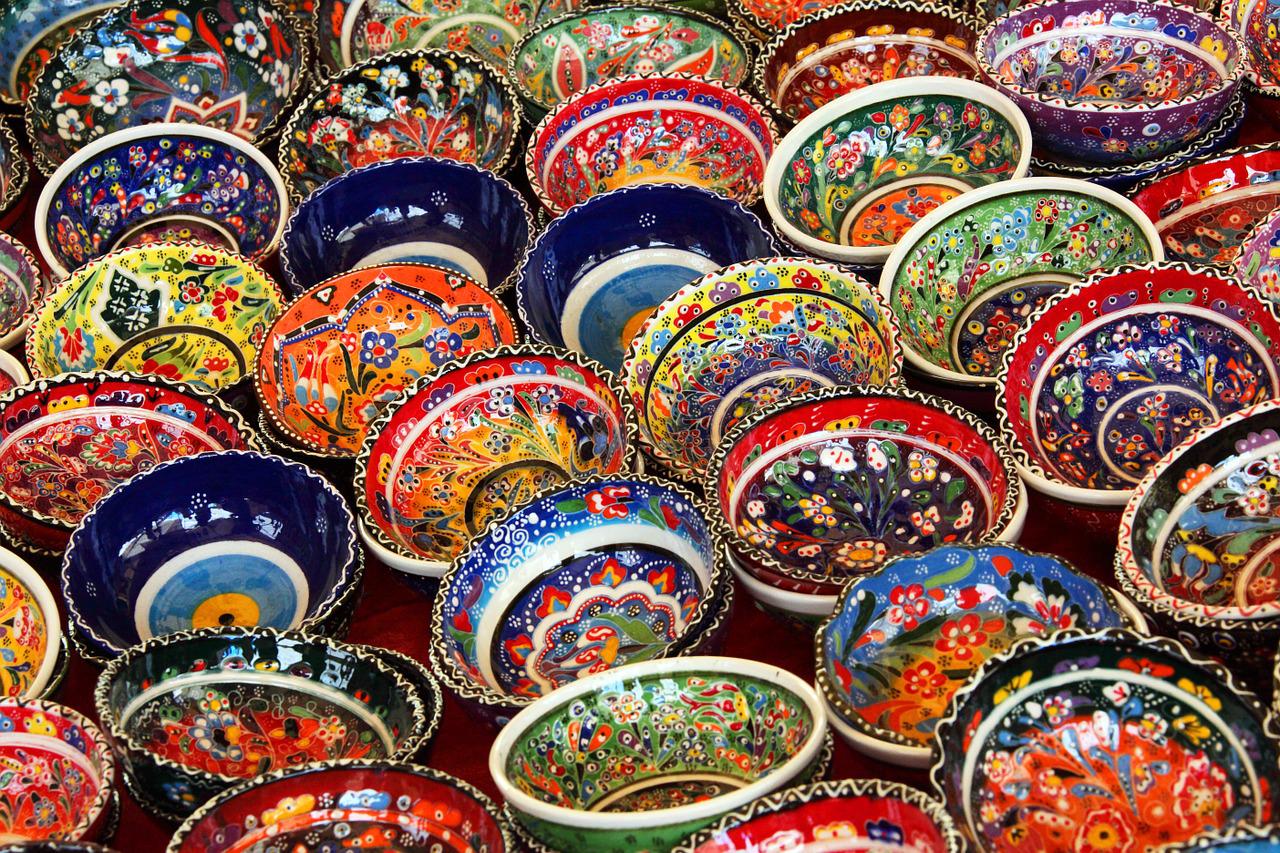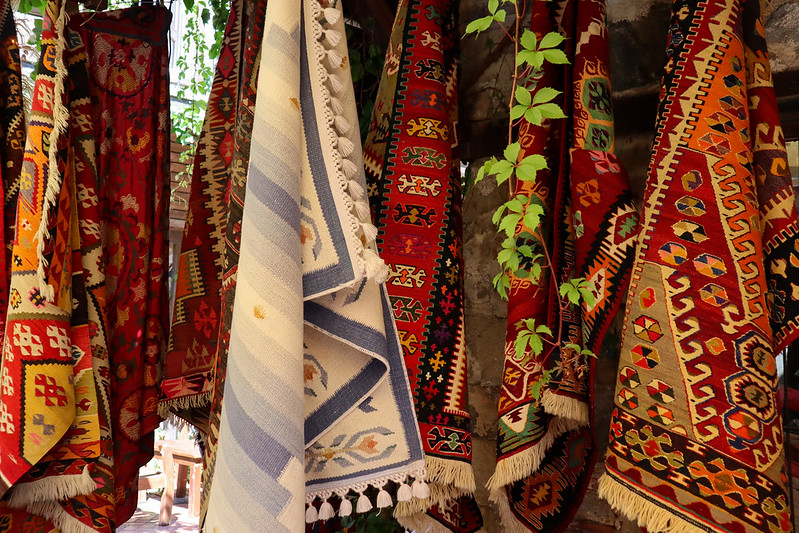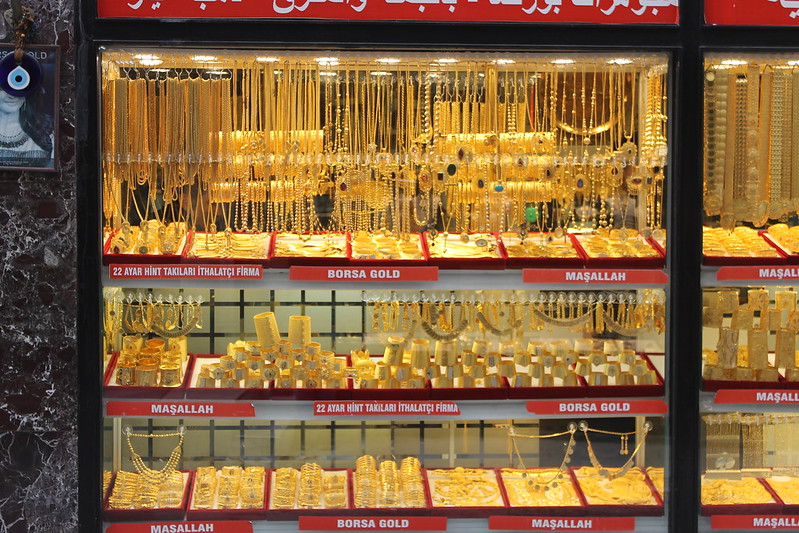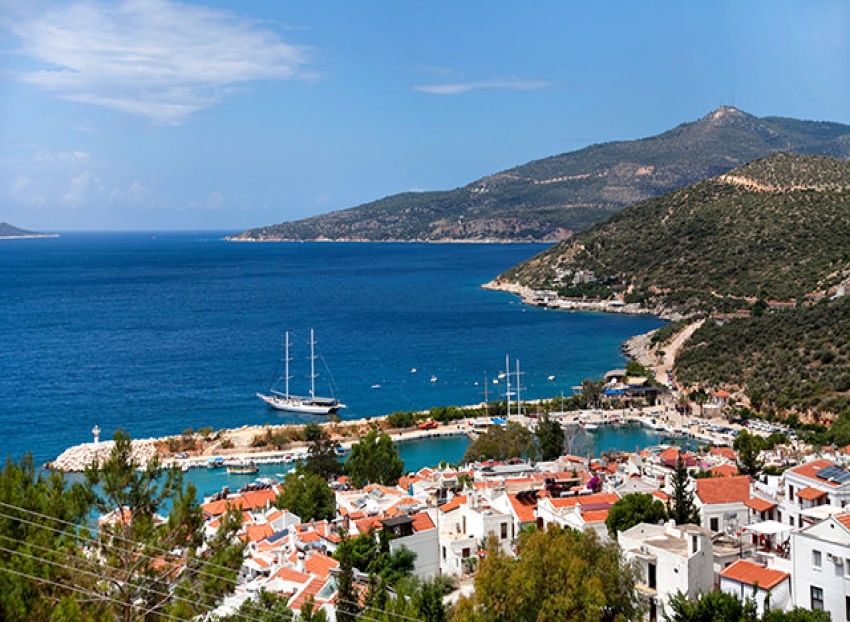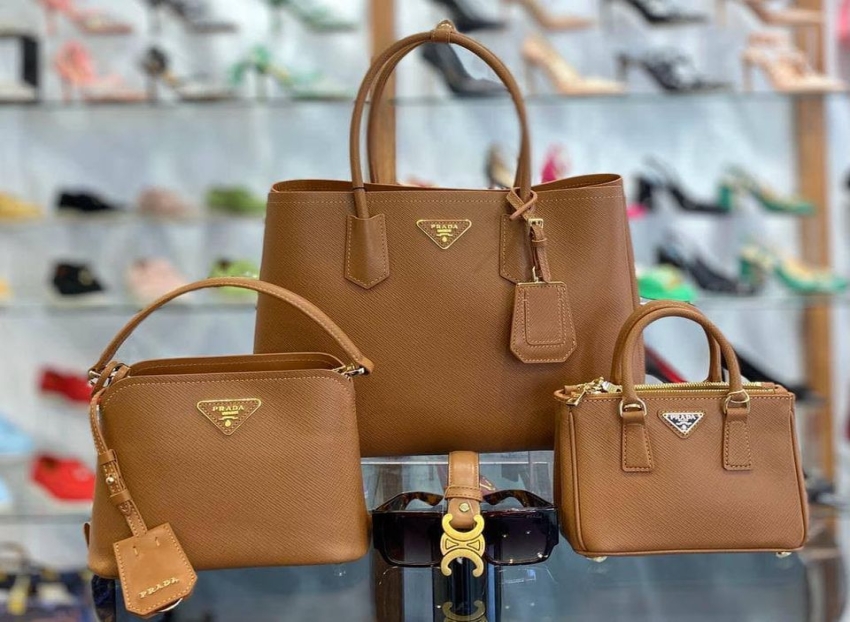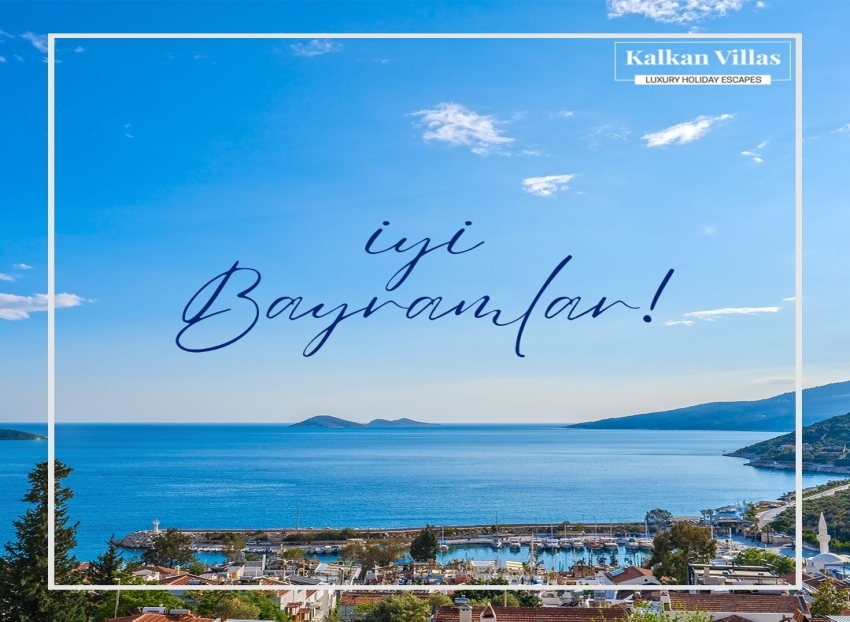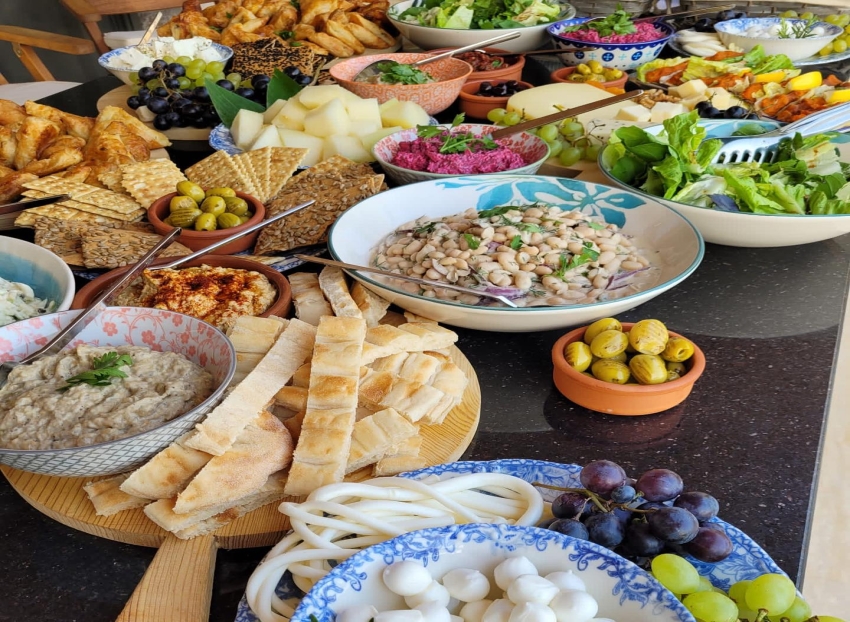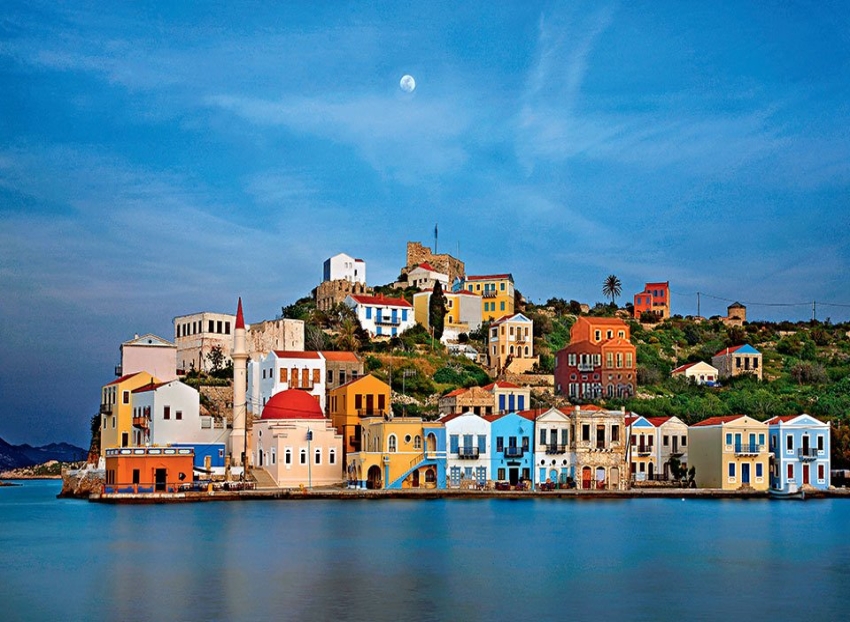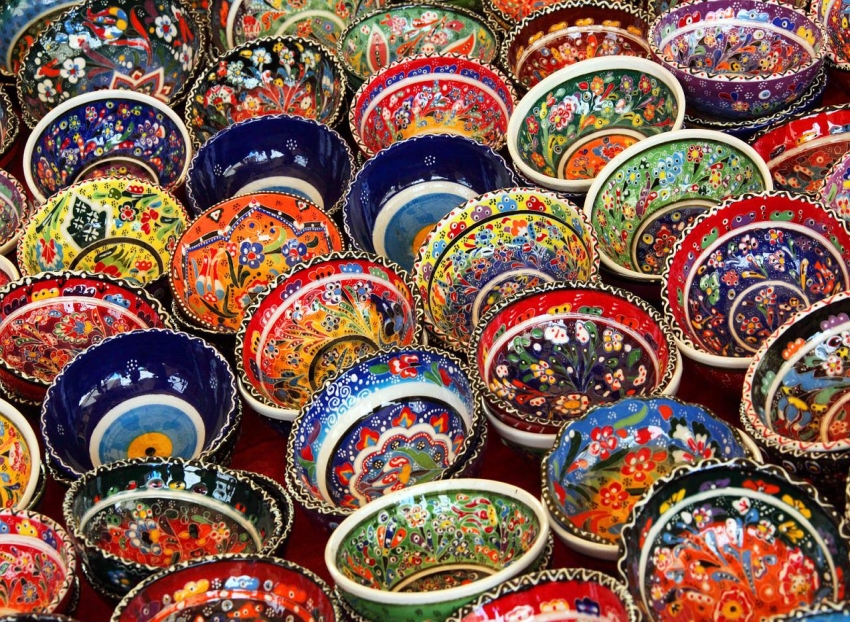
Shopping in Turkey
Home to one of the world’s greatest shopping destinations, the Istanbul Grand Bazaar, Turkey, is renowned for beautifully designed, hand-crafted wares. Unlike many other holiday destinations, shopping in Turkey is not about finding souvenirs. Instead, it is more of an experience, discovering a rich heritage of East meets West trading. When purchasing items in Turkey, you will be investing in a high-quality keepsake made by skilled hands. Ceramics, textiles, and jewellery are some of the most popular and sought-after merchandise in Turkey. Most of these items can be found in covered markets, weekly markets or boutique stores, which are starting to populate the Turkish Riviera. Wherever you are holidaying in Turkey, you can be certain that you will have plenty of opportunities for bargaining. Read on to find out about our top recommendations for items to shop for that reflect the real essence of Turkey.
Ceramics in Turkey
Exquisitely colourful and delicately finished, Turkish ceramics make for a wonderful gift to take away from Turkey. The history of ceramic production dates back 10,000 years to Anatolia when Iznik artisans brought their own style to Chinese imitations. Today,
production of Turkish pottery is thriving, and you will be able to purchase some vibrant pieces in most areas of the country. Designs vary widely, but there are common themes, including the use of geometric shapes and flowers, particularly tulips. Ceramic work is not only limited to attractive plates and bowls but is also highly featured in interior design, with elaborate tiles used for flooring and wall decoration.
Textiles in Turkey
Turkey is a major player in the international textile world, and you will be able to pick up some excellent, quality items for very reasonable prices. There are many types of textiles to be purchased in Turkey which can easily fit into a suitcase, ranging from fancy accessories to dressings for soft furnishings.
Accessories: Scarves, pashminas, dressing gowns and woven bags are commonly on sale in boutique shops and marketplaces. You can also purchase intricate purses and make-up bags embellished with Turkish embroidery designs.
Homeware
If Turkish and Ottoman design appeals to you, then you could purchase a few traditionally styled cushion covers or an embroidered throw or tablecloth to take a little memory of Turkey home with you. Cotton peştemals (traditional fringed lightweight towels used in Hamams) are abundant in Turkish marketplaces. Their strong connection to heritage and culture makes them a much sought-after item for visitors, and they make for excellent beach towels as they are so light to carry.
Bespoke Clothing
Tailoring is not a lost art in Turkey, in fact you will find many a local ‘Terzi’ (tailor) in every town. As such, there are some wonderful independent shops selling handmade clothing with unique designs and fabrics. Plus, since they have been made by the salesperson, you can have them adjusted to fit you perfectly.
Nargile
The iconic ‘Nargile’ or water pipe, which became popular during the Ottoman period, still plays a significant role in Turkish café culture. It is commonplace to see a group of locals sitting together at a coffee house drinking Turkish coffee and passing around a Nargile pipe. The bowl section of the Nargile is made of either glass or ceramic and the interesting shape and bright colours make for an attractive decorative piece, regardless of whether you smoke one or not.
Turkish Carpets
It would be impossible to explore the world of Turkish shopping without discussing the infamous Turkish carpets. Perhaps the most important thing to remember when shopping for carpets in Turkey is to keep your sense of humour. It is a long-standing tradition that a carpet seller will tell you an elaborate tale about the history of carpets in Turkey, and while much of it may be accurate, there will undoubtedly be some interesting embellishments to the story. The traditional carpet style in Turkey is a flat weave carpet known as a Kilim. Kilims tend to be made in bold colours, hues of red, green, gold and black and display strong geometric shapes. While there are some collectable Kilims which are pricier, most are reasonable and make for a striking floor display.
Gold
The desire for gold in Turkish culture is prevalent and based on a longstanding heritage where gold plays a vital role in weddings and religious life. For generations, Turks have been keeping gold as a more stable way to save and invest in their futures. As a result, Turkey is populated with gold shops selling some rather elaborate bangles and necklaces with unique engravings.
Jewellery
If you are interested in bespoke jewellery, Turkey will not fail to disappoint. The use of vibrant stones and subtle designs has become more popular as the influx of tourism has increased. Like so many other areas of craftsmanship, master jewellers can be found in their little workshops to the rear of many boutique jewellers. You can take sentimental family pieces and have them remodelled for a fraction of the price you would pay in the UK or Europe.
Spices, Condiments and Dried Goods
For gastronomes visiting Turkey, there is a real treat in store. You will be pleasantly surprised at the vast array of herbs, spices, teas, dried fruit and unusual condiments that can be purchased from stunning displays at both open and covered markets. Whether you prefer strong spices or milder herbs and oils, you can be sure to find some delightful new tastes to add to your pantry at home.
Sumac, chilli flakes and sweet paprika are used widely in Turkish cooking, and as they are homegrown and dried, they produce wonderful flavours. You will find a range of mountain-picked green teas, from sage to variations of wild oregano used by locals for centuries because of their health benefits. Saffron lovers are wary of mistaking safflower for saffron. Safflower is often labelled as Turkish Saffron which confuses many foreign visitors understandably. Given that safflower is much weaker than pure saffron, the results in your cooking will be disappointing, so make sure you have pure saffron (the price difference is the best indicator to follow). Also, click to read our Shopping in Kalkan Turkey blog.
- Contact

